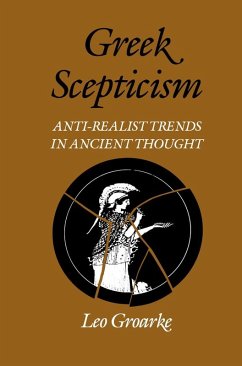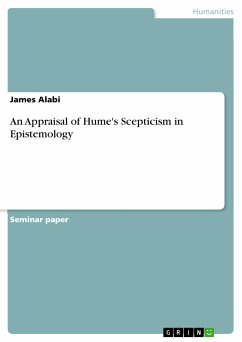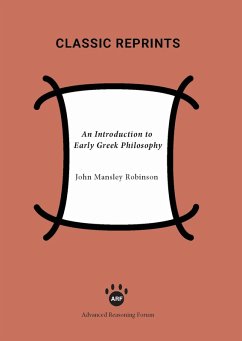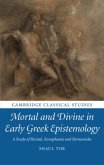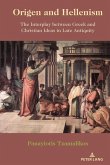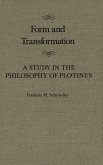In Greek Scepticism Leo Groarke presents a more sympathetic and accurate account of Greek scepticism and its relevance to modern and contemporary thought. He begins with an account of the development of scepticism in pre-Socratic times and concludes with a discussion of the relationship of scepticism to modern and contemporary epistemology. Groarke argues that the sceptics posed the problems central to both ancient and modern epistemology, and that in fact scepticism is the ancient analogue of anti-realist trends which are thought to be uniquely modern. He also shows that scepticism is not simply negative, but offers a positive philosophy which mitigates the sceptical critique of knowledge. Greek Scepticism undermines our usual account of the development of modern epistemology. Groarke shows that the separation of the mind and the external world that is generally attributed to Descartes is actually an integral part of ancient scepticism. In discussing the major problems that stem from this distinction, ancient scepticism anticipates thinkers such as Berkeley, Kant, and Hume. Groarke maintains, controversially, that the doubts of the ancient sceptics are deeper and epistemologically more significant than those of the philosophers usually discussed today.
Dieser Download kann aus rechtlichen Gründen nur mit Rechnungsadresse in A, B, BG, CY, CZ, D, DK, EW, E, FIN, F, GR, HR, H, IRL, I, LT, L, LR, M, NL, PL, P, R, S, SLO, SK ausgeliefert werden.

